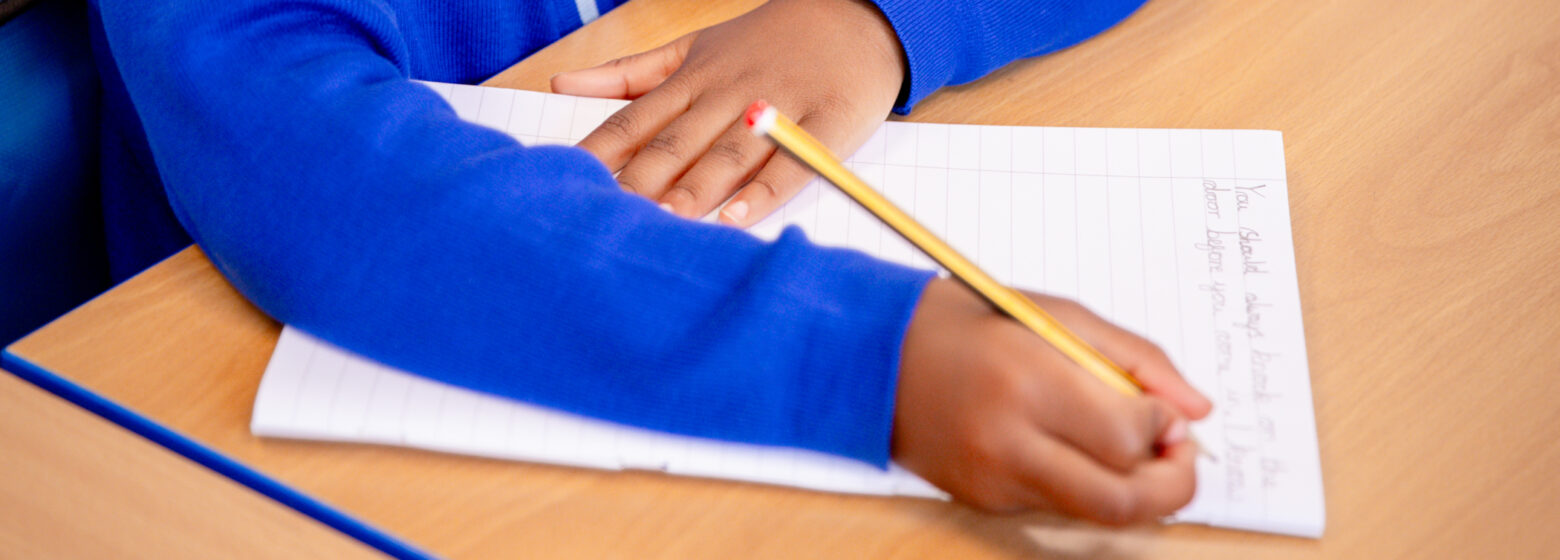Our English curriculum aims to develop reading, writing and communication skills across all subjects. We encourage our pupils to actively become involved in their own learning by exploring the excitement of the unknown, and create new possibilities by asking questions that extend their knowledge and understanding. Working both independently and in collaboration with others across all curriculum areas promotes the importance of speaking and listening skills.
Language
As part of our English Curriculum, we lay strong emphasis on communication and language development giving pupils opportunities to experience a rich language environment; to develop their confidence and skills in expressing themselves; and to speak and listen in a range of situations.
Reading
Our dedicated teaching staff encourage pupils to expose them to titles that both challenge and excite with the aim of developing confidence in themselves by igniting a passion for reading. Pupils are taught to use all the skills which readers need to make successful sense of print and other writing. These skills include: semantic, syntactic, grapho-phonic, pictorial, textual and bibliographic. Pupils build an increasing familiarity with a range of high-quality, pleasure-giving genres which include contemporary and historical fiction, traditional stories such as fairy stories, myths and legends, plays, poetry, information texts and discursive writing.
Writing
Opportunities for writing are interwoven throughout the curriculum. Our pupils are shown that writing can be powerful and engaging when there is a sense of purpose and realism. The range of pupils’ writing includes: imaginative stories, recounts, poems, letters, report writing balanced arguments, persuasive writing, simple play scripts, diaries, writing in role as historical or mythical figures, reports of science experiments and recipes. Many of these genres are included in teaching across the curriculum and may be produced using digital and electronic equipment as well as with pen and paper. As pupils progress they are introduced to opportunities such as non-chronological reporting and writing for formal or public purposes such as a speeches, sets of instructions, debating and writing in response to direct experience and to stimuli.














